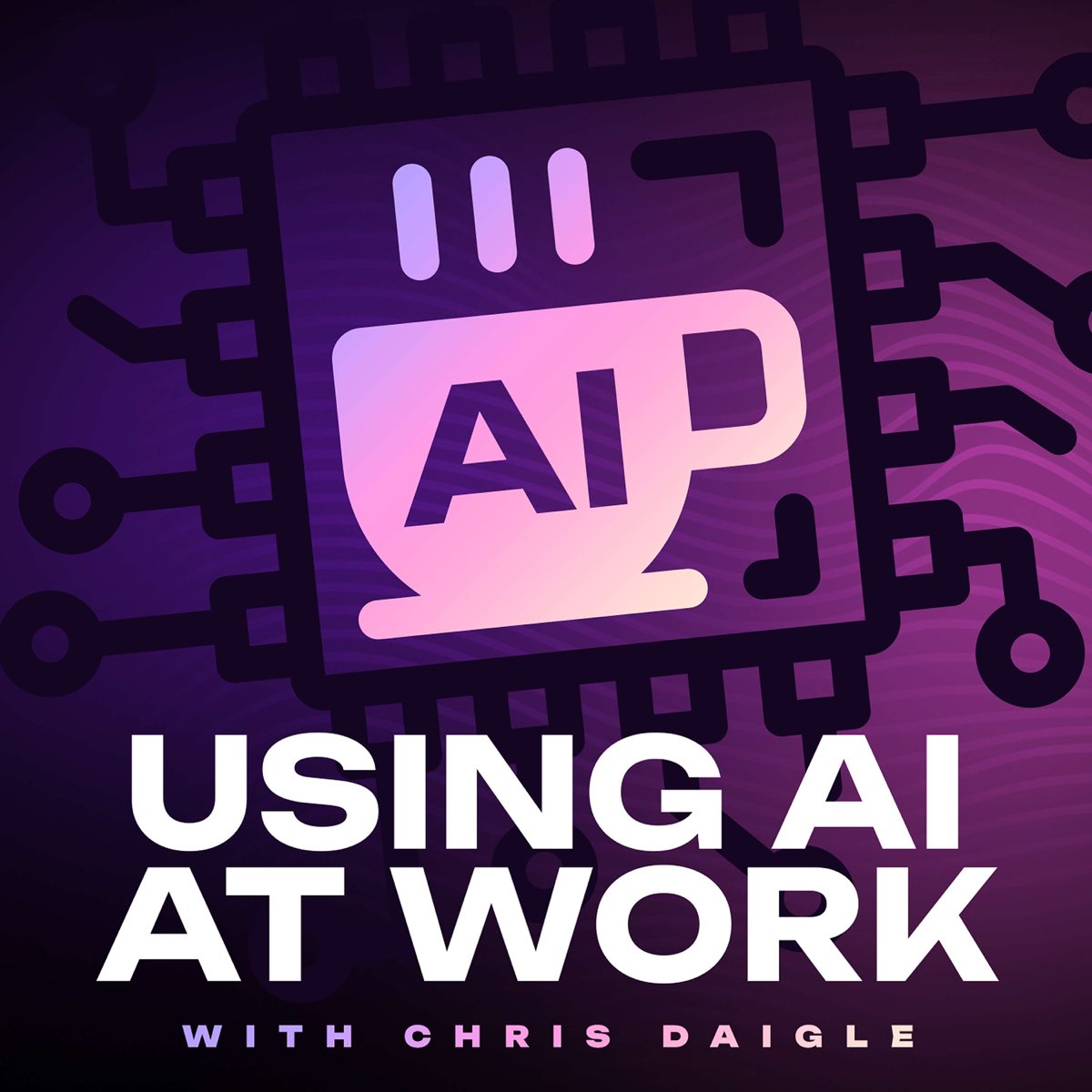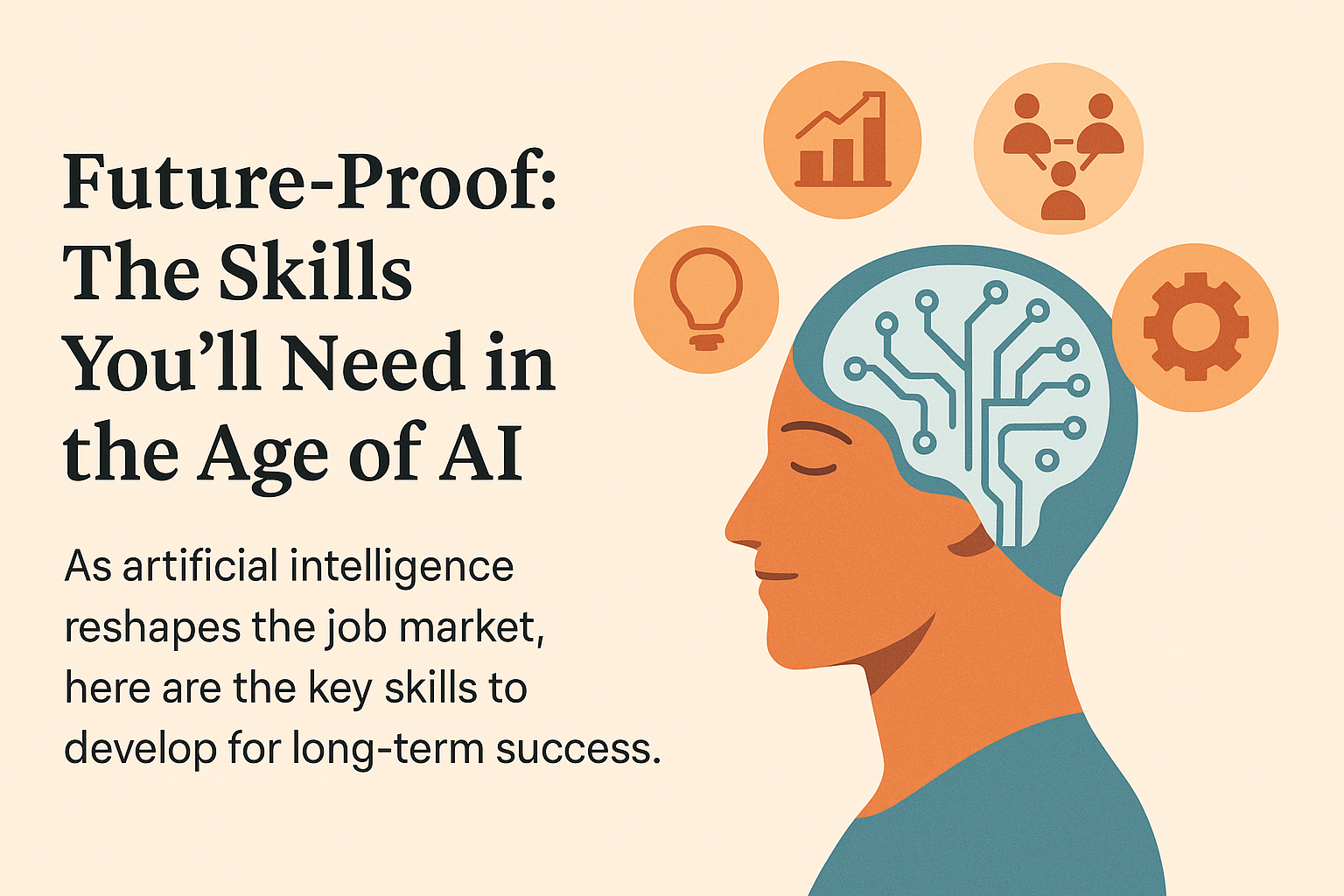The AI-Enhanced Classroom: How Adaptive Learning Systems and the G.U.I.L.D. App Are Revolutionizing Student Engagement
In recent years, artificial intelligence (AI) has begun transforming education, particularly through adaptive learning systems that personalize student experiences. Platforms like DreamBox Learning and Knewton utilize AI to tailor educational content to individual learning styles and paces, leading to significant improvements in student engagement and outcomes.
Personalization Through AI: DreamBox Learning and Knewton
DreamBox Learning focuses on K-8 mathematics, employing real-time data analytics to adjust lesson difficulty based on student responses. This dynamic approach ensures that students receive appropriate challenges, fostering deeper understanding and retention. Studies have demonstrated that students using DreamBox exhibit increased math proficiency rates, highlighting the effectiveness of personalized learning paths.
Similarly, Knewton offers adaptive learning technologies that modify content delivery based on individual performance. By analyzing data, Knewton identifies areas where students struggle, providing targeted exercises to reinforce those concepts. This tailored approach promotes better knowledge retention and engagement.
Impact on Student Engagement and Retention
The integration of AI-driven adaptive learning systems has been linked to enhanced student engagement and retention. For instance, research indicates that personalized learning environments can boost achievement by up to 30%. Platforms like DreamBox and Knewton adjust content in real-time, resulting in improvements in student outcomes compared to traditional methods.
In higher education, adaptive learning technologies have shown promise in improving retention rates. A study by the Bill & Melinda Gates Foundation revealed that adaptive learning platforms can increase student engagement by 25% to 35% compared to traditional learning methods, leading to higher retention rates.
Differentiated Instruction and Learning Outcomes
AI-powered adaptive learning tools facilitate differentiated instruction by catering to diverse student needs. For example, Smart Sparrow allows educators to create personalized learning experiences, leading to higher engagement rates. Incorporating interactive elements such as quizzes and real-time feedback within these platforms further enhances motivation and learning outcomes.
Introducing the G.U.I.L.D. App: A Free AI-Driven Digital Makerspace for STEM/STEAM Learning
To further advance the impact of AI in education—especially in underserved communities—we are proud to introduce the G.U.I.L.D. App (Guided, Universal, Intelligent Learning Device), currently in development.
The G.U.I.L.D. App is a free, AI-powered educational platform that creates a dynamic digital makerspace designed to make STEM/STEAM learning accessible to all learners aged 8 and up. Focused on equity, creativity, and curiosity, it blends the power of adaptive learning with project-based and failure-based learning models.
Key Features of the G.U.I.L.D. App:
- Interactive, adaptive content in coding, robotics, engineering, design.
- Project-based learning with real-world applications and job exploration.
- Flexible learning modes (self-paced and guided instruction).
- Integrated community platform for mentorship, collaboration, and peer learning.
- Built-in AI support that adjusts to learners’ pace, interests, and progress.
By leveraging adaptive AI, the G.U.I.L.D. App doesn’t just react to learner performance—it anticipates needs, supports creativity, and empowers learners to take ownership of their educational journey.
Key Objectives:
- Increase STEM/STEAM literacy and critical thinking skills in underrepresented populations.
- Deliver inclusive, engaging, and holistic content that integrates the arts alongside science and tech.
- Foster a vibrant learning community through mentorship, collaboration, and project sharing.
- Provide anytime, anywhere access to meaningful, future-ready learning opportunities.
With the G.U.I.L.D. App, we aim to democratize access to quality STEAM education and close the opportunity gap for learners who have traditionally been left behind in digital and technical education.
Considerations and the Future of AI-Enhanced Learning
While AI-enhanced classrooms offer numerous benefits, challenges remain, including ensuring equitable access to technology and addressing ethical concerns around data privacy. It’s essential that technology enhances human instruction rather than replaces it. As AI tools like DreamBox, Knewton, and the G.U.I.L.D. App continue to evolve, they offer a glimpse into the future of truly inclusive and personalized learning experiences.
The classroom of the future isn’t just digital—it’s adaptive, creative, and equitable.
Resources
- DreamBox Learning. (n.d.). DreamBox Learning. Wikipedia. Retrieved April 11, 2025, from https://en.wikipedia.org/wiki/DreamBox_Learning
- Enterprise eLearning Hub. (n.d.). Boosting knowledge retention with adaptive learning. Retrieved April 11, 2025, from https://www.enterpriseelearninghub.com/best-practices/boosting-knowledge-retention-adaptive-learning
- Psicosmart. (n.d.). How can adaptive learning algorithms transform user engagement in learning? Retrieved April 11, 2025, from https://psicosmart.net/blogs/blog-how-can-adaptive-learning-algorithms-transform-user-engagement-in-lear-249711
- Psicosmart. (n.d.). What are the most innovative ways AI can personalize learning experiences? Retrieved April 11, 2025, from https://psicosmart.net/blogs/blog-what-are-the-most-innovative-ways-ai-can-personalize-learning-experien-240505
- MyLearnomics. (n.d.). Can AI revolutionize adaptive learning platforms? Retrieved April 11, 2025, from https://mylearnomics.com/can-ai-revolutionize-adaptive-learning-platforms
- Gonzalez, O. (2025, April 4). Teachers vs. tutorbots. Axios AI+. Retrieved from https://www.axios.com/newsletters/axios-ai-plus-a8cc44b0-9492-11ef-b253-f943c4bfa123
- Reilly, K. (2015, December 1). Why Mark Zuckerberg wants to spend on personalized learning. Time. Retrieved from https://time.com/4132619/mark-zuckerberg-personalized-learning
McCann, A. (2024, October 28). “An AI tutor for every kid”: Promise and reality. Axios. Retrieved from https://www.axios.com/2024/10/28/school-tutors-ai-kids-personalized-learning












.jpg)













.svg)
.svg)

